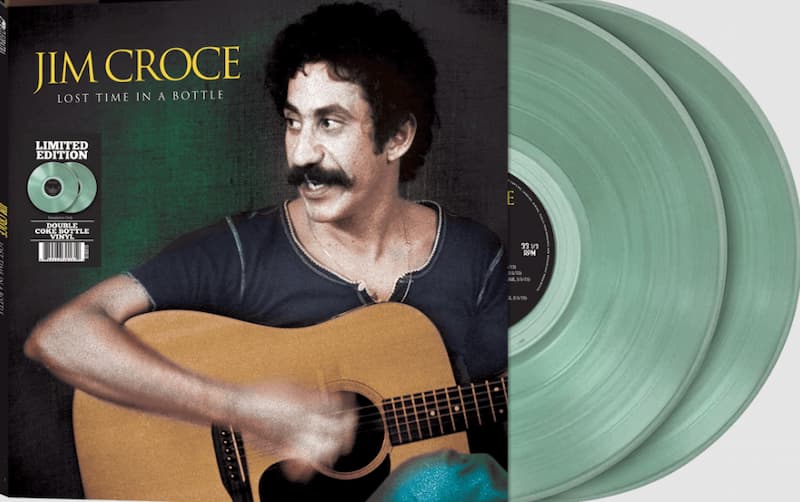
In a story of incredible triumph and devastating tragedy, the song that would become an anthem for a generation, “Time in a Bottle,” reached the coveted #1 spot on the Billboard Hot 100 chart on December 29, 1973. But the man who wrote and sang it, the immensely talented Jim Croce, was not there to see it. He had been killed in a horrific plane crash just over three months earlier, creating a legacy that is as heartbreaking as it is beautiful.
The song itself was born not from sorrow, but from a moment of profound joy. Croce penned the reflective, deeply personal lyrics on the very night his wife of five years, Ingrid Croce, told him she was pregnant. She later recalled the cocktail of emotions in Jim’s reaction to the news – a mix of pure terror and utter delight. That child would be his son, Adrian, who would grow up to follow in his father’s musical footsteps as the singer-songwriter A.J. Croce, a child who would sadly have few memories of his famous father.
The cruel twist of fate occurred on September 30, 1973. After finishing his last album, “I Got a Name,” Croce was on tour. As he was leaving one college gig for another, the small charter plane carrying him and five others crashed on takeoff. There were no survivors. Among the victims was Croce’s brilliant lead guitarist, Maury Muehleisen, the man whose intricate guitar work was the perfect complement to Croce’s heartfelt lyrics and melodies.
The loss of this musical partnership was a tragedy in itself. Terry Cashman, Croce’s producer, spoke to the magic they created together. “Jim and Maury got together and all of the sudden Jim started writing these great songs, and Maury came up with these really wonderful guitar parts – the two guitars were like an orchestra,” Cashman stated, his words painting a picture of a partnership cut down in its prime.
In the wake of the tragedy, as the nation mourned, something incredible happened. “Time In A Bottle,” with its now hauntingly prophetic lyrics, began to climb the charts. The public, grappling with the loss of such a unique voice, connected deeply with the song’s central theme. The words, “But there never seems to be enough time to do the things you want to do once you find them,” took on a powerful, somber new meaning. A song written to celebrate the future and the promise of a new life had posthumously become a poignant and painful elegy for a life cut tragically short. The song’s journey to #1 was a testament to his talent, but a brutal reminder of what the world had lost.